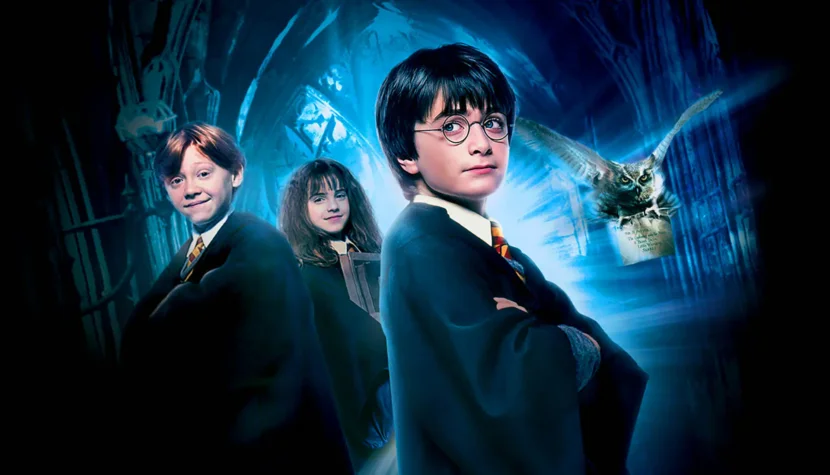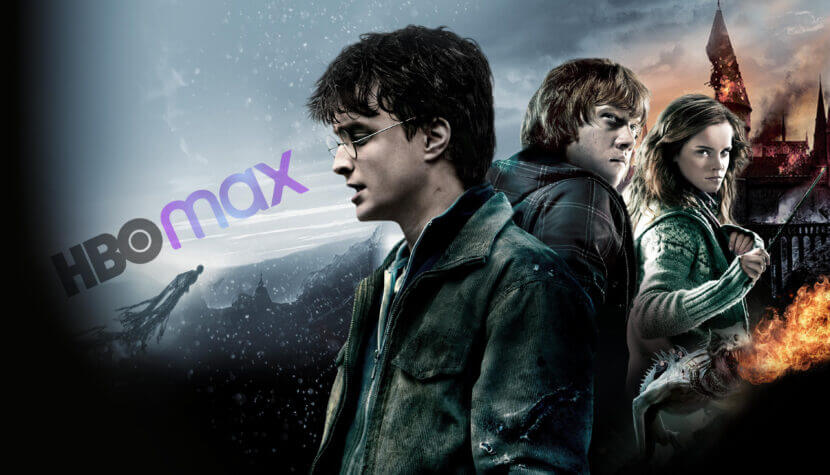Is the Harry Potter series doomed to FAIL from the start?

Casting for the roles of Harry, Ron, and Hermione has already begun, with the search focused on children aged 9 to 11. They will star in a planned 7-season adaptation of each of J.K. Rowling’s books about Harry Potter’s adventures. The project is being produced by Warner Bros. Discovery and will be available on the Max platform. Notably, inclusivity is a priority in the casting process, meaning audiences can expect surprises. Does this mean the Harry Potter series is doomed to fail? Not necessarily, though it won’t be easy, as it faces competition from one of the greatest legends of fantasy cinema—not just of the 21st century, but of the entire genre’s history. Common sense suggests that it may struggle with viewers familiar with the original film series. However, it’s a different story for younger audiences. Warner aims to rebuild the Potter brand for new generations of viewers, wisely noting that fans of the films are aging and their interest is naturally fading. Inclusivity isn’t the key issue here, though it will likely lead to a wave of unkind comments.
Nonetheless, those same comments could drive some popularity for the show. Looking at the backlash faced by “The Rings of Power”, it’s clear that even despite criticism, the second season seems poised for success. Therefore, it’s unwise to trust negative predictions if they are driven by emotions meant to discredit the project. Such reactions are already surfacing with the Harry Potter series, and there will certainly be more when the new Harry, Ron, and Hermione are revealed. Previously, they were white and heterosexual—so what about now? This will be one factor affecting their reception, but the main issue is something else, though few will openly admit it, as it’s easier to latch onto the topic of inclusivity. Even critics may not realize the true reason they reject the new actors. That reason lies with the original cast. Daniel Radcliffe, Rupert Grint, and Emma Watson have become ingrained in our perception, whether they were good or bad in their roles. We spent years with them; we watched them grow up, and many of us did as well. So how can we now accept an entirely new cast in a series expected to last seven seasons? Moreover, there will be no mystery left—”Harry Potter” has already revealed all its secrets in a commercial and iconic way, not to mention the widespread popularity of the books. How, in this environment, with such ingrained behaviors and expectations, can we accept a new cast?

This raises the question of whether Warner is aware of the monumental task facing the creators of this series, who must live up to the full-length film series directed by artists like Chris Columbus, Alfonso Cuarón, Mike Newell, and David Yates. The actors are another issue—only stars of British cinema were cast. Even the music was composed by legends like John Williams, continued by greats like Patrick Doyle and Alexandre Desplat. And we haven’t even mentioned the cinematography by Roger Pratt, Michael Seresin, and Sławomir Idziak. Attempting a series just 12 years after the last film is madness. This isn’t “The Rings of Power“, which tells a story set before “The Lord of the Rings” and “The Hobbit”, but rather a remake of the same story from Rowling’s books, a story that resonated with us through iconic lines spoken by Snape, Dumbledore, Harry, and many others. While the series may explore all the storylines more thoroughly, it’s still the same tale. So, the Harry Potter series is at least partially doomed to receive a hefty dose of hate. But what about its popularity? And its quality?
Popularity can be partially built on controversy, but not in the long term. Quality is essential, along with good casting—not one primarily driven by inclusivity. It can be a factor, arising naturally from the search for successors, but it cannot dictate that a certain percentage of actors must have a particular phenotype. I say this especially in regard to the lead roles. The teachers at Hogwarts are less bound by inclusivity. Incidentally, I’m curious about who might be cast in the faculty. They should be more well-known figures, serving as a counterbalance to the fame of the young students. The choice will likely not be limited to actors from the UK.

There is, however, one glimmer of hope in this barrel of doubt—there are storylines that were either omitted or only briefly presented in the full-length films, like Ginny’s character, the story of Voldemort’s relationship with Harry’s parents, or Dumbledore and his circle. These would need to be written brilliantly to capture viewers’ interest to the point where they stop thinking about the iconic original cast. For now, I’m unsure if that’s possible. After the failure of the “Fantastic Beasts” series, which was eventually abandoned, one has to wonder if a similar approach to the Potter universe will lead to success for the series. Still, despite these concerns, I’m eagerly waiting for the production, even if just out of sheer curiosity.

